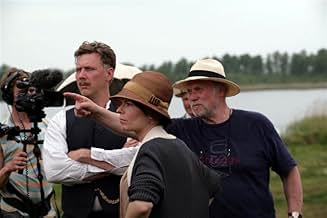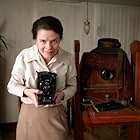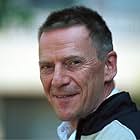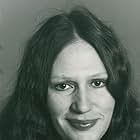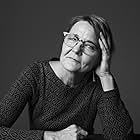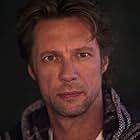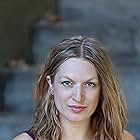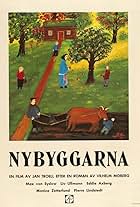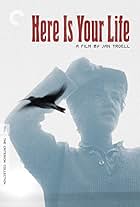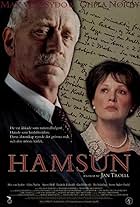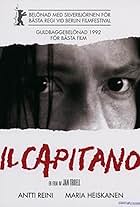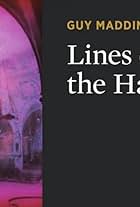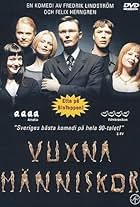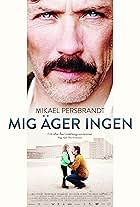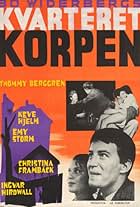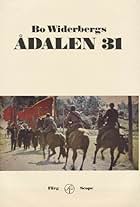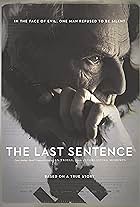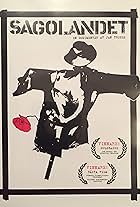IMDb RATING
7.5/10
6K
YOUR RATING
In a time of social change and unrest, war and poverty, a young working class woman, Maria, wins a camera in a lottery. The decision to keep it alters her whole life.In a time of social change and unrest, war and poverty, a young working class woman, Maria, wins a camera in a lottery. The decision to keep it alters her whole life.In a time of social change and unrest, war and poverty, a young working class woman, Maria, wins a camera in a lottery. The decision to keep it alters her whole life.
- Awards
- 8 wins & 16 nominations
Birte Heribertson
- Maja Larsson (narration)
- (as Birte Heribertsson)
- …
Storyline
Did you know
- TriviaSweden's official submission to the Best Foreign Language Film category of the The 81st Annual Academy Awards (2009).
- ConnectionsFeatured in Golden Globe Awards (2009)
Featured review
I was reluctant to see Jan Troell's film for fear it might not be worthy of the experience of seeing his "The Emigrants"/"The New Land." Ordinarily, I'd rush to see something by any good director, but those two films were of such distinction, I hesitated.
Many of the same issues in "The Emigrants"/"The New Land" are here but we have it from the point of view of an artist and this film concentrates less on the art itself than the reason the artist needs to do it. It's a slight shift in focus than we usually get in biographies of artists, but it made this film something that's truer than, say, seeing Ed Harris ape Jackson Pollack dripping paint.
The rise of the middle class, WWI, labor unions, the demise of feudal monarchy, alcoholism, abortion, disability, codependency, feminism, and most importantly how industrial technology released the poor from dire existence to the opportunity (and leisure) of making art...and why that was important.
It's an ambitious film that feels as light as a shadow. While there is quite a bit of dialog, there's never any explanation despite extensive voice-over by a daughter of the subject of the film. We're shown why this woman needs to take photographs, and how she's introduced to it and the changes it brings lifts us up to the ecstasy she feels.
The circumstances of her marriage which is the primary focus of her suffering Troell renders with great sensitivity and understanding. The fact that the abusive husband, Mikael Persbrandt, almost steals the film is a testament to the compassion of the filmmaker.
But its the central character's actress, Maria Heiskanen, who takes a role that could have been maudlin and infuses it with a ferocious passion that stays in one's memory. No director could have wished for more in this performance.
Filmed in 16mm then transferred to 35mm, the passion of the main character for making images is clearly the director's own. One (of many) moments is so exquisite and complete: The lead character doesn't understand how photographs are made, and when she's shown with the image of a butterfly projected on her open hand, we're as astonished as she is.
That image is used again near the end of the film in a way that's masterful. I don't know if this movie is as good as "The Emigrants/New Land," but its worthy of the director who made that monumental work.
Many of the same issues in "The Emigrants"/"The New Land" are here but we have it from the point of view of an artist and this film concentrates less on the art itself than the reason the artist needs to do it. It's a slight shift in focus than we usually get in biographies of artists, but it made this film something that's truer than, say, seeing Ed Harris ape Jackson Pollack dripping paint.
The rise of the middle class, WWI, labor unions, the demise of feudal monarchy, alcoholism, abortion, disability, codependency, feminism, and most importantly how industrial technology released the poor from dire existence to the opportunity (and leisure) of making art...and why that was important.
It's an ambitious film that feels as light as a shadow. While there is quite a bit of dialog, there's never any explanation despite extensive voice-over by a daughter of the subject of the film. We're shown why this woman needs to take photographs, and how she's introduced to it and the changes it brings lifts us up to the ecstasy she feels.
The circumstances of her marriage which is the primary focus of her suffering Troell renders with great sensitivity and understanding. The fact that the abusive husband, Mikael Persbrandt, almost steals the film is a testament to the compassion of the filmmaker.
But its the central character's actress, Maria Heiskanen, who takes a role that could have been maudlin and infuses it with a ferocious passion that stays in one's memory. No director could have wished for more in this performance.
Filmed in 16mm then transferred to 35mm, the passion of the main character for making images is clearly the director's own. One (of many) moments is so exquisite and complete: The lead character doesn't understand how photographs are made, and when she's shown with the image of a butterfly projected on her open hand, we're as astonished as she is.
That image is used again near the end of the film in a way that's masterful. I don't know if this movie is as good as "The Emigrants/New Land," but its worthy of the director who made that monumental work.
- Michael Fargo
- Mar 14, 2009
- Permalink
- How long is Everlasting Moments?Powered by Alexa
Details
- Release date
- Countries of origin
- Languages
- Also known as
- Maria Larsson's Everlasting Moment
- Filming locations
- Production companies
- See more company credits at IMDbPro
Box office
- Budget
- €4,773,906 (estimated)
- Gross US & Canada
- $610,825
- Opening weekend US & Canada
- $40,443
- Mar 8, 2009
- Gross worldwide
- $3,383,108
- Runtime2 hours 11 minutes
- Color
- Sound mix
- Aspect ratio
- 1.85 : 1
Contribute to this page
Suggest an edit or add missing content







